Courtesy of Pjulia Mendes Pereira.
As far as I know, I'm the first out intersex person in Portugal. My coming out was my first day in the Portuguese parliament as an intersex activist. Intersex people are those that have a diversity in their hormones, chromosomes, or genitalia that doesn't conform to the medical society's male-female binary. In many countries, including Portugal, doctors perform mutilating surgeries on intersex children to make them fit society's binary.
In my case, I was given the wrong name and gender on my birth certificate and had to live with it. The only way to have those things changed was to wait until I was an adult and apply for recognition using the same process as transgender people. If you're trans in Portugal, you have to be diagnosed with the mental illness "gender dysphoria" to get a correct birth certificate -- so I had to do the same.
Before I had my documents changed, everything was very tough. I'm adopted, I'm black, and I never had a stereotypical "girl's physique." I was bullied for being tall and muscular, regularly called the N word, told my biological mum was a whore, and that I was a freak, not normal, and so not allowed to play with anyone. The bullying became even stronger when the kids realized I was brought up a Jehovah's Witness.
All of this intersectionality brought me on dangerous paths that would see me meet people who would take advantage of my isolation and fragility.
I left home and became a dancer, following my passion, and suffered the consequences. I was advised not to change my gender on my documents until after I became famous. But this just meant I struggled to get work -- nobody wanted someone like me.
With only $2 in my pocket, I found people who would give me a bed, and I redirected my efforts into finding a job in hospitality. My skin color was a massive barrier, though. I was continually turned down for jobs because I am black. When I did get jobs, I was refused promotions and paid less than other people at my level. Several bosses and customers would say to my face they couldn't give me better opportunities or I didn't deserve to touch money because I was an N word. I would have a management position, work more hours, and supervise people while being the worst-paid employee. I have 10 years of work experience.
Now I'm at the stage where I have the resources to work full time as an activist on intersex and black rights. I've been writing on diversity and identity since I was 17, and now I can make this my life.In 2014 trans activist Julia Mendes Pereira and I founded Acao Pela
Identidade -- or Action for Identity, in English. It's the first and only NGO in Portugal that studies and defends gender diversity and sex characteristics based on the experience of trans and intersex people. We focus on antiracism, feminism, and intersectionality.
At the moment, we're working on the Portuguese government with three demands: self-determination when accessing legal gender recognition, gender recognition for young people and migrants living in Portugal, and bodily integrity for intersex people, including legislation based on protection and antidiscrimination.
We've just re-launched our magazine, This Is My Identity, and our next focus is on reaching Portuguese-speaking communities globally, including Angola, Brazil, and Cape Verde.
I'm excited to see what my activism has in store for me, and to bring more intersex activists out into the light. As I like to say, "Nothing about us without us!"
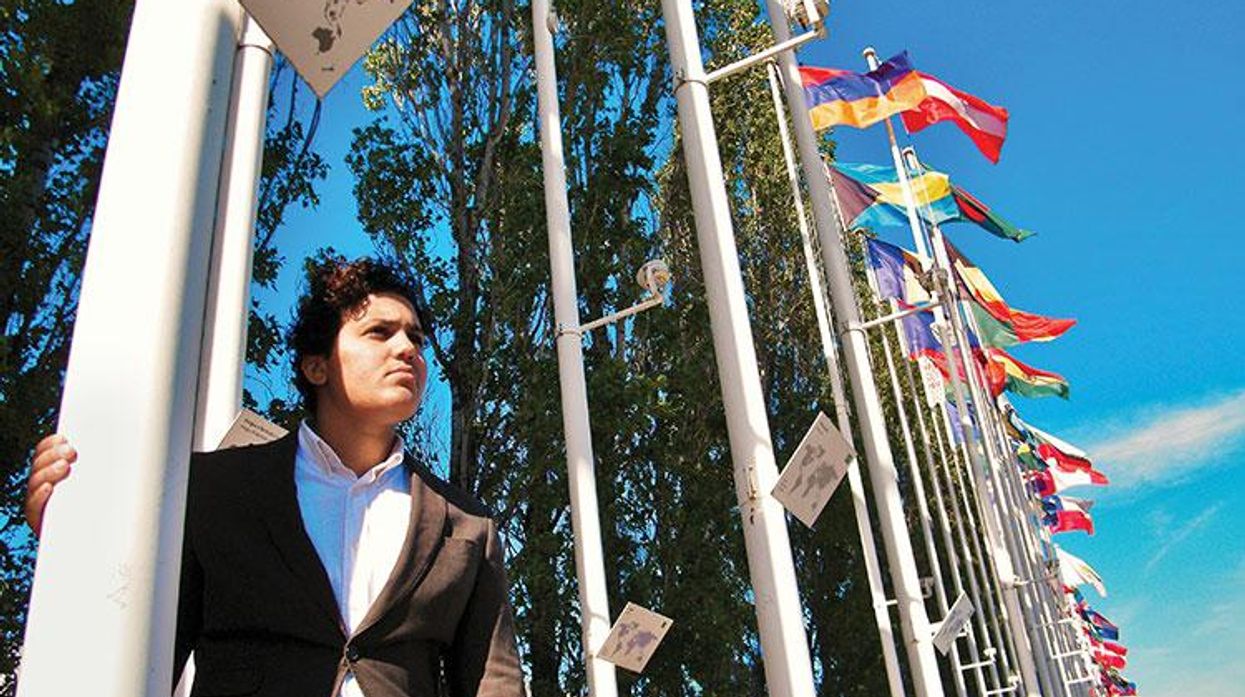




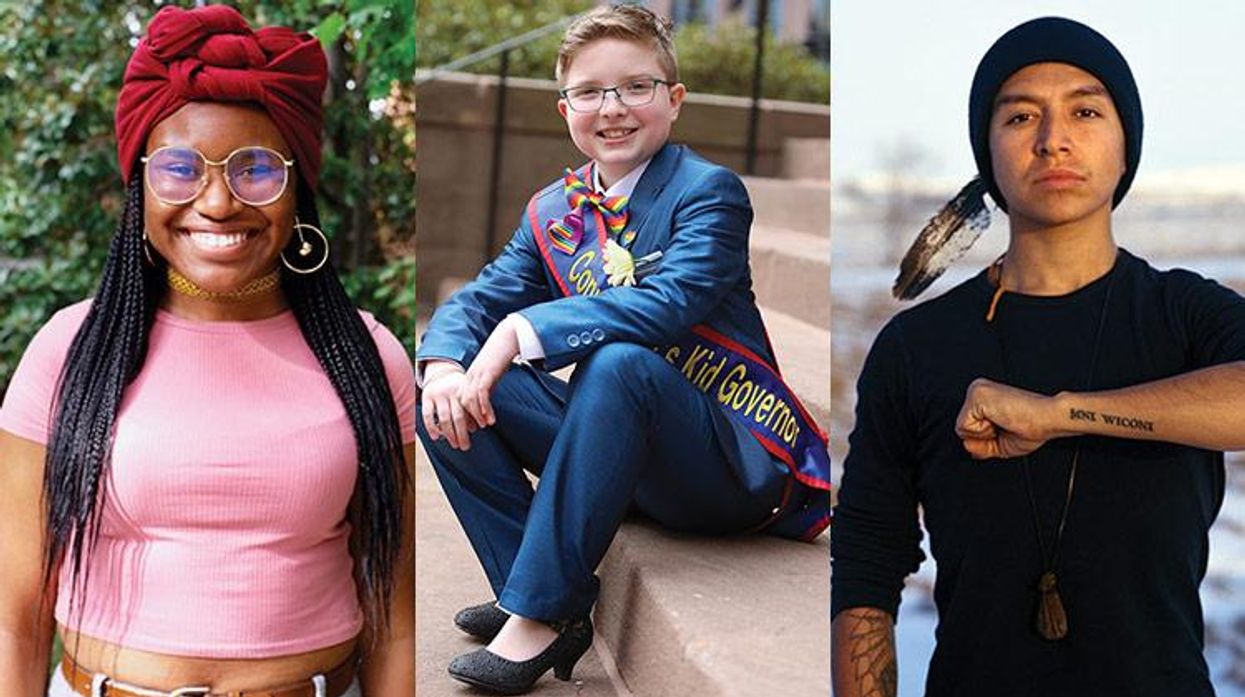

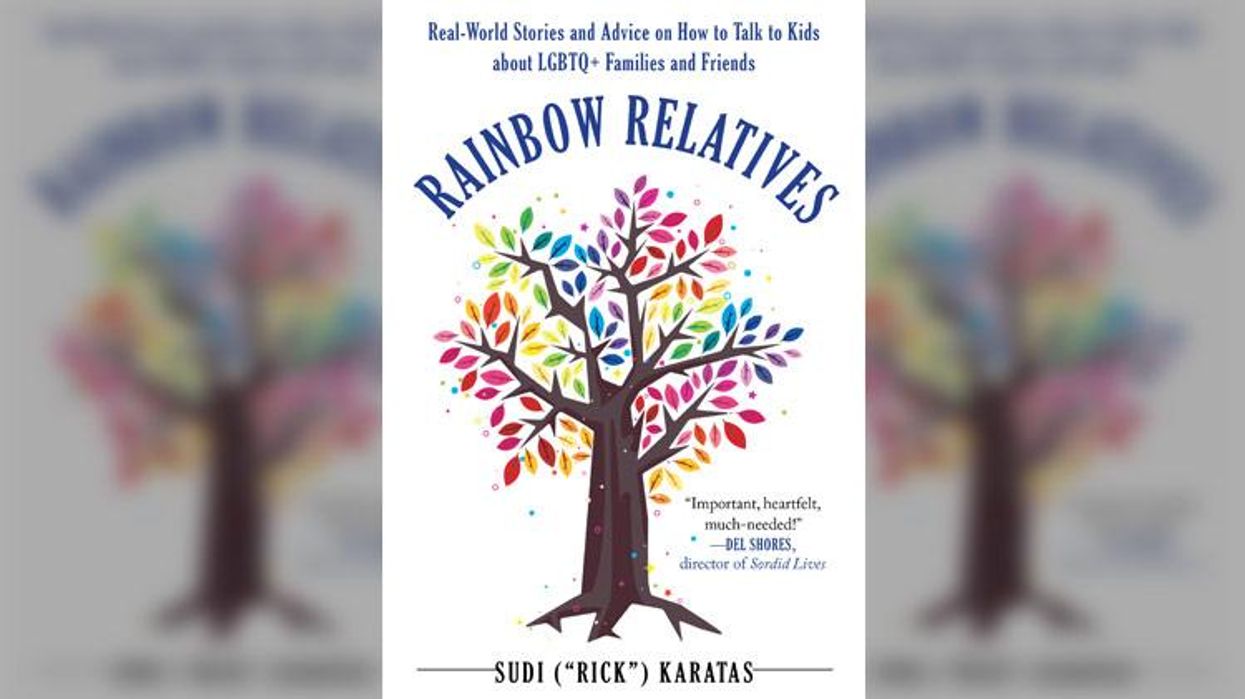
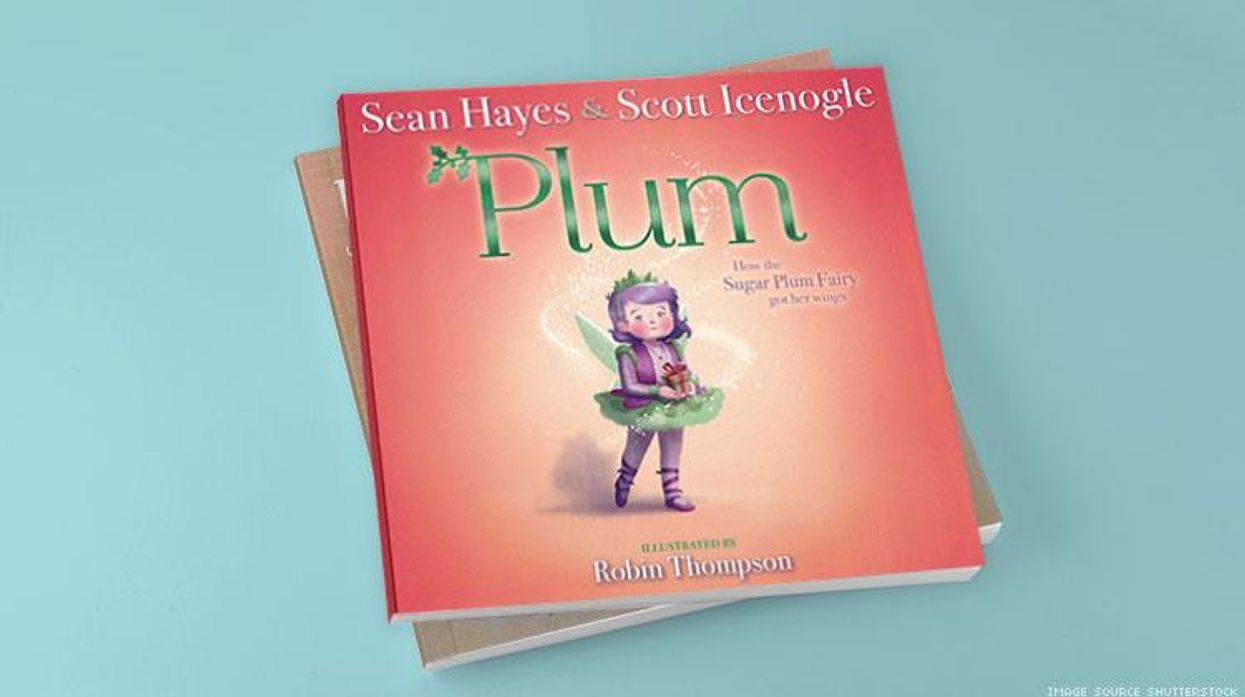
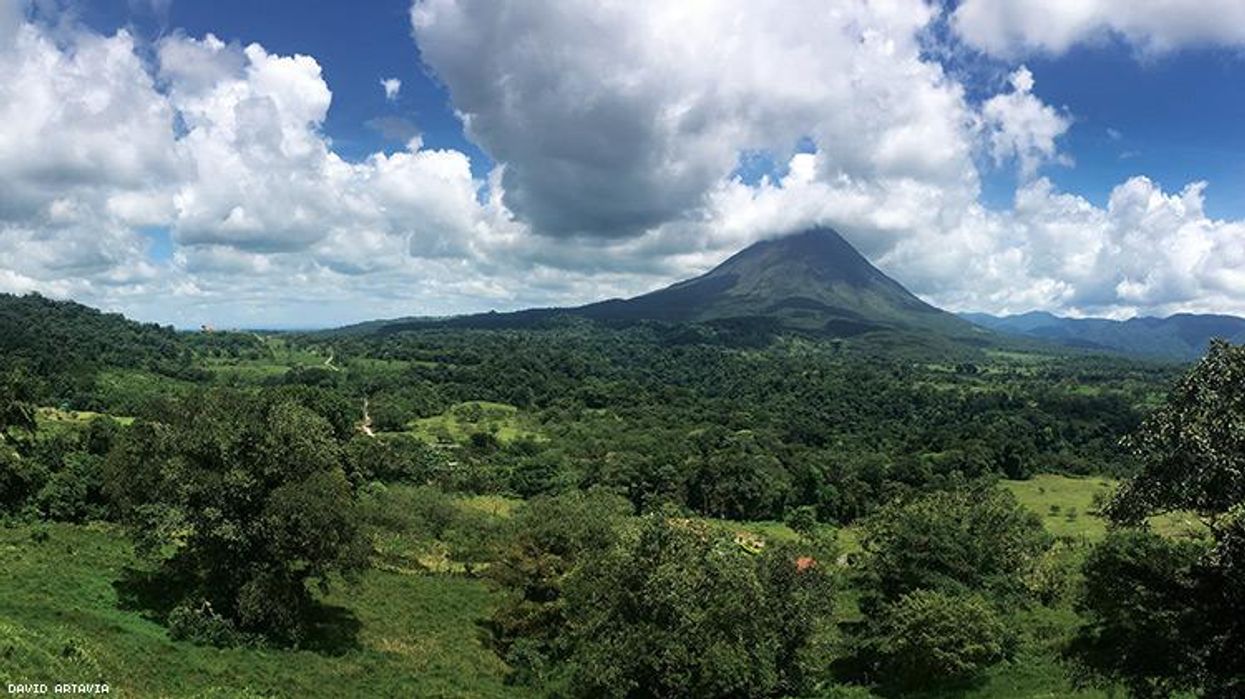





Charlie Kirk DID say stoning gay people was the 'perfect law' — and these other heinous quotes
These are some of his worst comments about LGBTQ+ people made by Charlie Kirk.